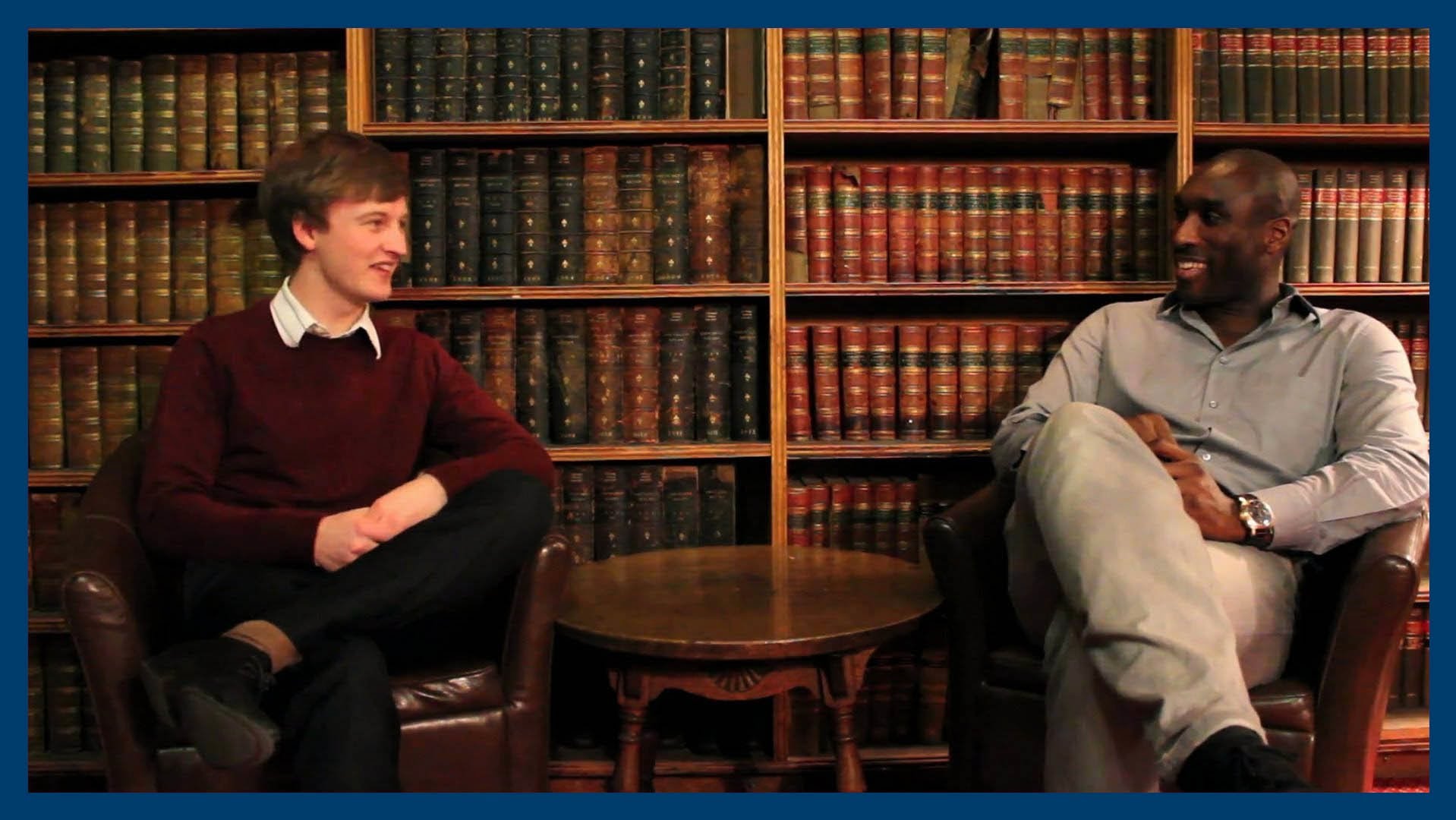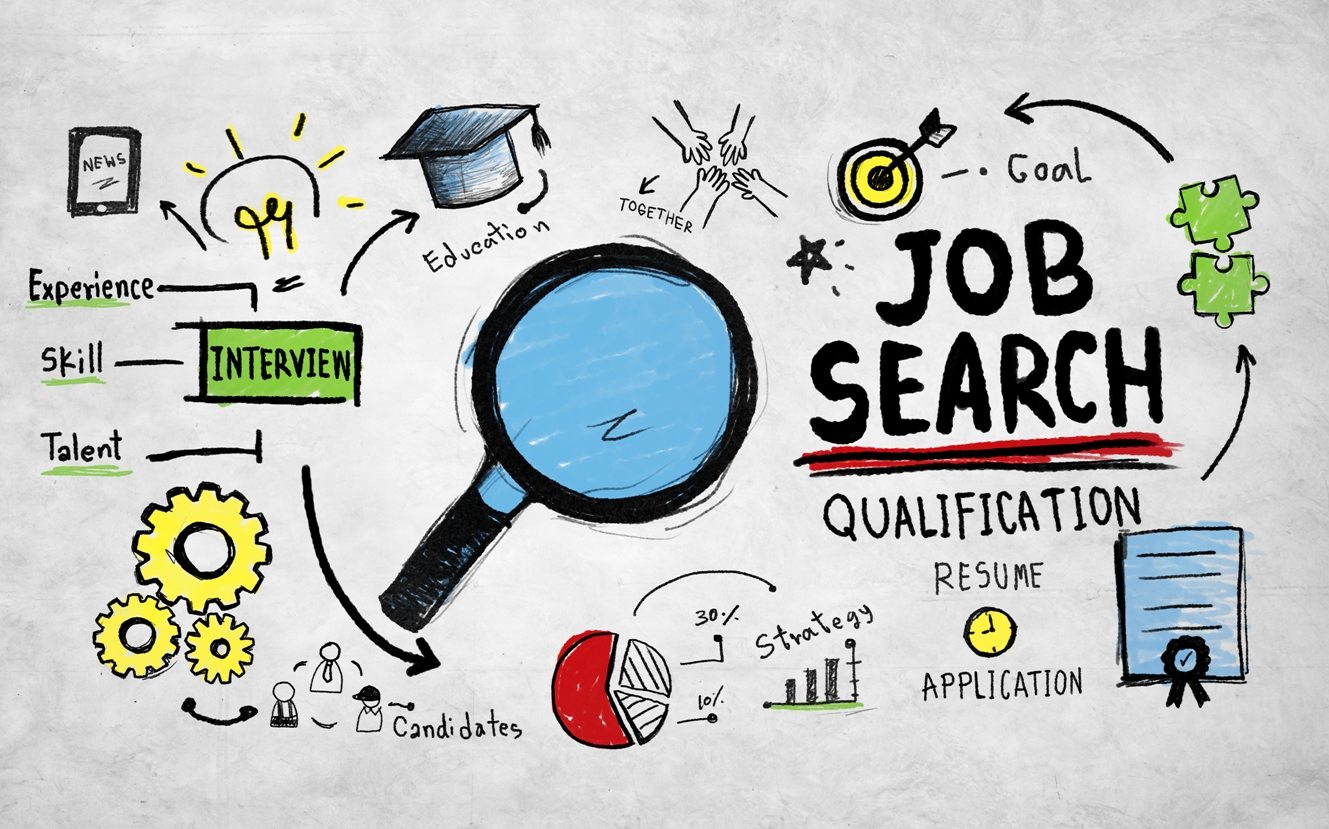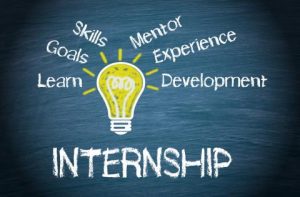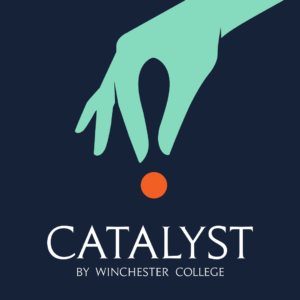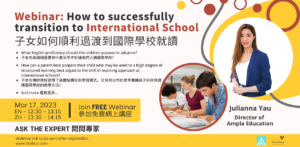Many of us don’t have a clue what to apply for when it comes to universities. There are some who were just born to study Art, Mathematics, Sciences or Politics. Then there are others who are reasonably good at several subjects, or just can’t decide which one they like best.
Welcome to the world of university applications — know that you’re far from alone, and that we have all struggled at one point to choose subjects. Let me start off by saying that whatever the decision in the end, it does not determine your career, happiness and success in life thereafter.
Not one, teeny tiny bit.
Now that we’ve cleared up that, let us move on to three handy “checkpoints” you can use when deciding what you want to study at university.

What are you interested in?
It is a simple question, but often, the answer may not be evident from the start. For example, you might enjoy English Literature, but also like your classes in History, Politics and French. How then do you know what subject interests you more?
Firstly, let’s start off with differentiating “fantasy likes” from “real likes”. What do I mean by this? Think about the times when you’ve said the following:
“This sounds interesting!”
“I’ve read an article or two about it and it told me this.”
“I hear it’s a really interesting degree that earns you loads of money!”
Do you sense a common theme there? If you can only describe what’s on the surface of something, you might not be as interested in it as you think.
Checkpoint one: If you can’t explain to me, in at least several paragraphs, why you like the subject, get to know it better or write it off as a “fantasy like”.
Case in study: I personally love Economics. It’s real life reflected in a series of data, calculations, and concepts. I like that it mixes both qualitative and quantitative analyses to form a coherent picture of what “is”, and then to predict what “may be”. At it’s core, it revolves around scarce resources and how our world is finite, so choosing how and where to use something is just as important to consider in our development as a society and nation. Not to mention that there are so many sub-disciplines of it; economics is an analytical tool that can be used for both the physical — like environmental economics, to the more humanistic side — like behaviourial economics.
That was only one paragraph, but you get my point. Most of us would benefit from taking some time to really consider what interests us on a deeper level.

Are you equipped to study it at university?
After narrowing your list of potentially interesting subjects, this second but equally crucial question will hopefully narrow it further.
Checkpoint two: do I have the relevant subjects or skills needed for this course?
Some subjects at university require prior knowledge and/or skills in order to apply. This is not to “weed” weaker applicants out, but to ensure that you won’t be climbing Mount Everest daily when it comes to starting your first year, just because you haven’t come across the material before.
For example, taking Mathematics at university will definitely require advanced-level high school Mathematics. And taking sciences for a degree in Medicine is necessary; Mathematics and Physics for Architecture, Engineering and so on.
There are also many subjects without specific requirements — likely ones that don’t build heavily on concepts taught in high school right from the start.
So it’s up to you to check what the requirements are, and also whether you think you might make it. Failing Mathematics for the last few years in school might be an indicator you may find it challenging to continue on at university, so it’s also important to find the subjects in which you are relatively skilled at.
Again, this section comes after the “interest” checkpoint, because with enough motivation you may find other ways to “catch up” in terms of grades — e.g. with tutoring or additional work outside of school. Almost nothing is impossible here if you know you love the subject but don’t have the skills yet. The difference is knowing whether you’d struggle using this skill on a long term basis, if already struggling with some basics.
Why do I want to study this?
Why are you studying? Because your parents told you it was important to get a degree? Whilst having an undergraduate level degree is the minimum to get a decent job nowadays, there are plenty of well-paying jobs that don’t require degrees.
Checkpoint 3: Does it fit my wider purpose?
Generally, undergraduate study is worth it for both the learning and the personal experience. It will also be a challenging time in which you will study hard, play hard, and study even harder.
Clarifying your purpose beforehand might help in deciding what you want to study at the undergraduate level — e.g. I might want to work for a global development consultancy across borders, so I might choose a degree in International Relations, Politics, or Economics.
Or, I’ve been fascinated by buildings and designs from a young age, and I’ve always been reasonably good at Maths, Physics and Art, so Architecture would help me get a foot in the construction industry.
Some of us work in fields related to our undergraduate degrees, with others who don’t. Remember that people change, and if you realise during your course that you’ve picked the wrong major or prefer another subject, it is never too late to change, or even take a Masters in something you enjoy more after you graduate.
Conclusion
So consider these three checkpoints carefully, and if you think you’re missing in any one, it’s time to reach out and discover more. Because studying without passion is boring. Studying without the necessary skills is demanding. And studying without purpose is demoralising.
So get checking!
To find out more about Ampla Education’s university admissions consulting services, contact us at info@ampla-edu.com
________________________________________________________________________
______________________________________________________________
Janet enjoys teaching humanities subjects as well as Business Studies, Economics, English and Maths. Educated in both Hong Kong and England, she has helped students of all ages with interview and entrance exam preparation, university admissions in addition to IGCSE, A-Level and IB exams. Janet went to Wycombe Abbey before studying Land Economy at the University of Cambridge. Her extensive work experience from the education, property and financial sector enables her to work with students of all ages in an engaging manner.
______________________________________________________________
© Ampla Education – Unauthorised use of this material without permission is strictly prohibited. Excerpts and links may be used, provided that full credit is given to Ampla Education.





